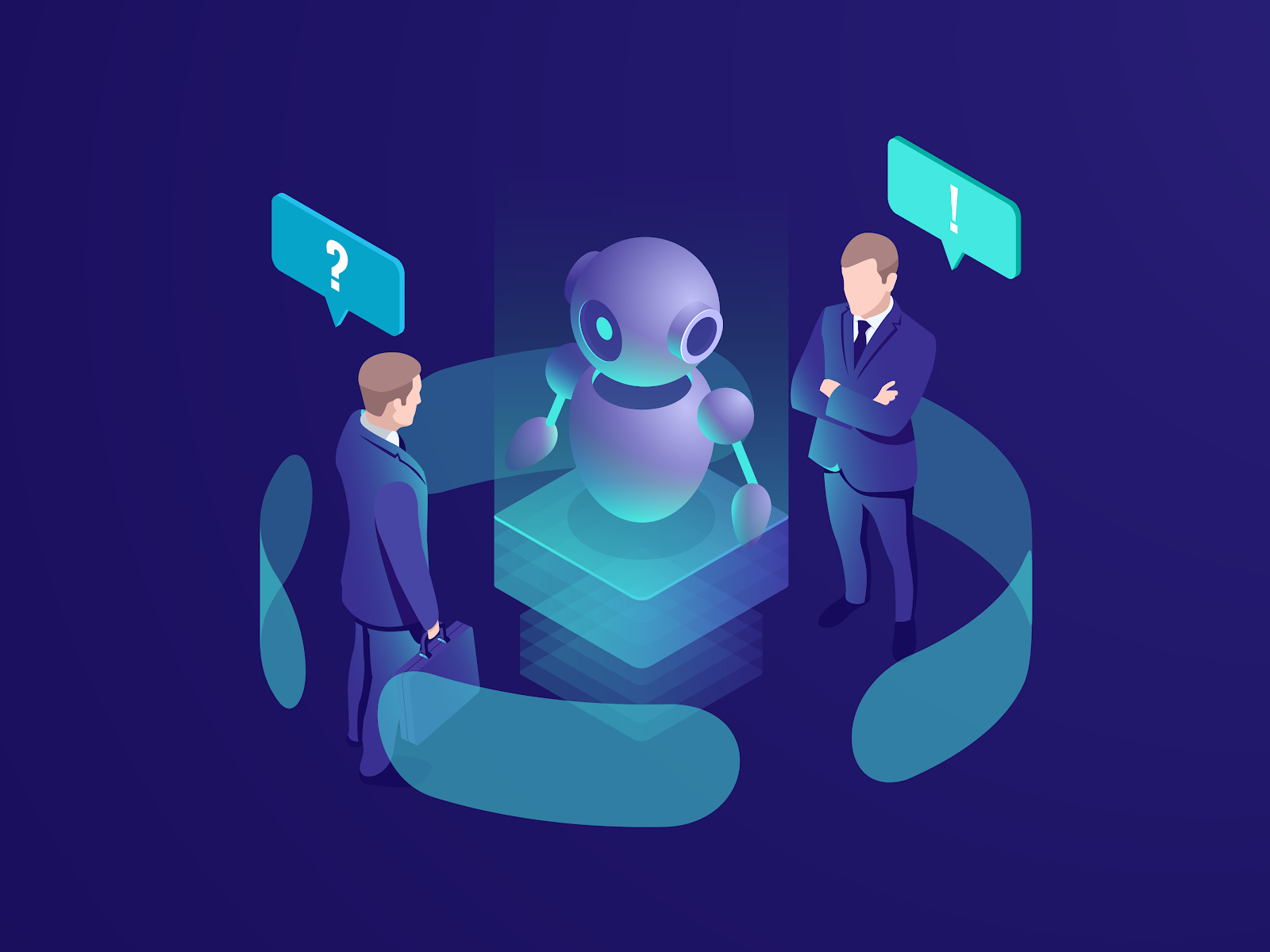What is the impact of artificial intelligence on the job market?
The impact of artificial intelligence (AI) on the job market is complex and multifaceted. While AI has the potential to revolutionize industries and create new job opportunities, it also has the potential to displace workers and change the nature of work itself.
On the one hand, AI has the potential to automate many routine and repetitive tasks, allowing workers to focus on more complex and creative work. This could lead to increased productivity and efficiency, as well as the creation of new industries and job roles in areas such as data science and machine learning.
On the other hand, AI has already begun to displace workers in industries such as manufacturing and retail, where robots and automation are increasingly being used to perform tasks that were previously done by humans. This trend is expected to continue, with some estimates suggesting that up to 30% of jobs could be at risk of automation in the coming years.
At the same time, AI is also creating new job opportunities in areas such as AI development, data analysis, and robotics engineering. These jobs typically require higher levels of education and technical expertise, and may not be accessible to workers without the necessary skills and training.
Overall, the impact of AI on the job market is likely to be complex and varied, with both positive and negative effects. While AI has the potential to create new job opportunities and drive economic growth, it also has the potential to displace workers and exacerbate existing inequalities. As such, it will be important for policymakers and businesses to take a proactive approach to managing the impact of AI on the job market, through measures such as retraining programs and policies to support workers in transitioning to new industries and job roles.
The Importance of Upskilling and Reskilling in the Age of AI
As AI continues to reshape the job market, it is becoming increasingly important for workers to develop new skills and adapt to changing job requirements. This means not only upskilling – acquiring new skills in one’s current field – but also reskilling – learning entirely new skills to transition into a new industry or job role.
The need for upskilling and reskilling is particularly acute in industries that are being heavily impacted by automation and AI, such as manufacturing, retail, and transportation. In these industries, many routine and repetitive tasks are being automated, leaving workers with the need to develop new skills in areas such as data analysis, programming, and robotics.
However, upskilling and reskilling are also important in other industries, as AI and automation are likely to have an impact on virtually every sector of the economy. Workers who can adapt to changing job requirements and develop new skills are likely to be in high demand, and may be able to take advantage of new job opportunities created by the rise of AI.
To support upskilling and reskilling, governments, businesses, and educational institutions will need to work together to develop new training programs and educational opportunities. This may include initiatives such as apprenticeships, online learning platforms, and targeted training programs for workers in industries that are being heavily impacted by automation and AI. By investing in upskilling and reskilling, we can help to ensure that workers are equipped to thrive in the age of AI and contribute to a more prosperous and inclusive economy.
Conclusion
The impact of artificial intelligence on the job market is complex and multifaceted. While AI has the potential to create new job opportunities and drive economic growth, it also has the potential to displace workers and exacerbate existing inequalities. As such, it will be important for policymakers, businesses, and educational institutions to take a proactive approach to managing the impact of AI on the job market.
One key strategy will be to invest in upskilling and reskilling programs to help workers adapt to changing job requirements and take advantage of new opportunities created by the rise of AI. By providing workers with the training and education they need to thrive in the age of AI, we can help to ensure that the benefits of this technology are shared widely and that the transition to a more automated economy is as smooth and equitable as possible.
At the same time, it will also be important to address the potential negative impacts of AI on the job market, such as displacement and inequality. This may involve implementing policies to support workers in transitioning to new industries and job roles, as well as measures to ensure that the benefits of AI are distributed fairly across society.
Overall, the impact of AI on the job market is still unfolding, and it is up to us to shape this impact in a way that promotes economic growth, innovation, and shared prosperity. By taking a proactive and collaborative approach, we can help to ensure that the rise of AI is a force for good in the world of work.

Justin Vincent is an experienced writer and web designer with a passion for helping others tell their stories. He is the founder of www.justinforce.info, a website designed to help people reach their goals through creative and meaningful content. He has also worked for a number of well-known magazines, including Cosmopolitan, Esquire, and GQ. He enjoys exploring the world and learning from different cultures, and he loves to bring a unique perspective to his work. He is an advocate for social justice and is always looking to challenge the status quo. Justin believes in the power of storytelling, and he is committed to helping others share theirs.
